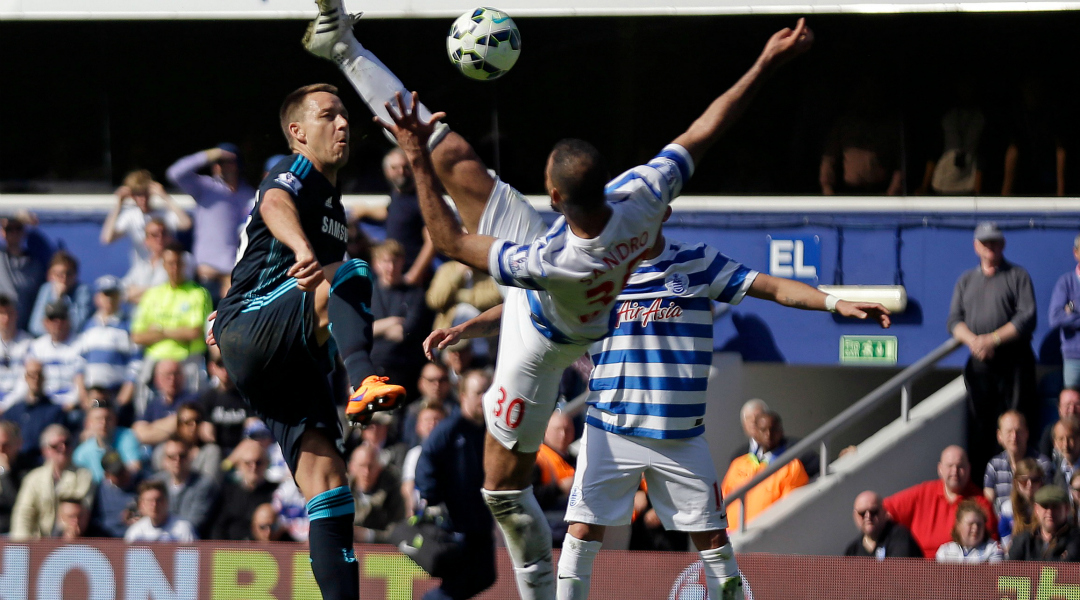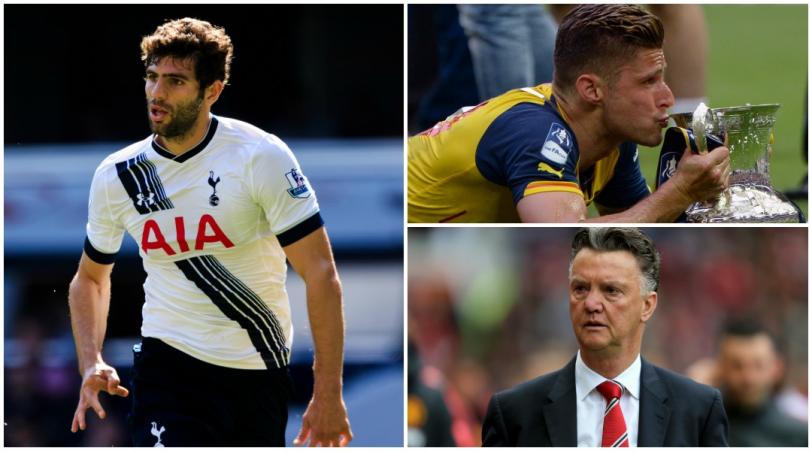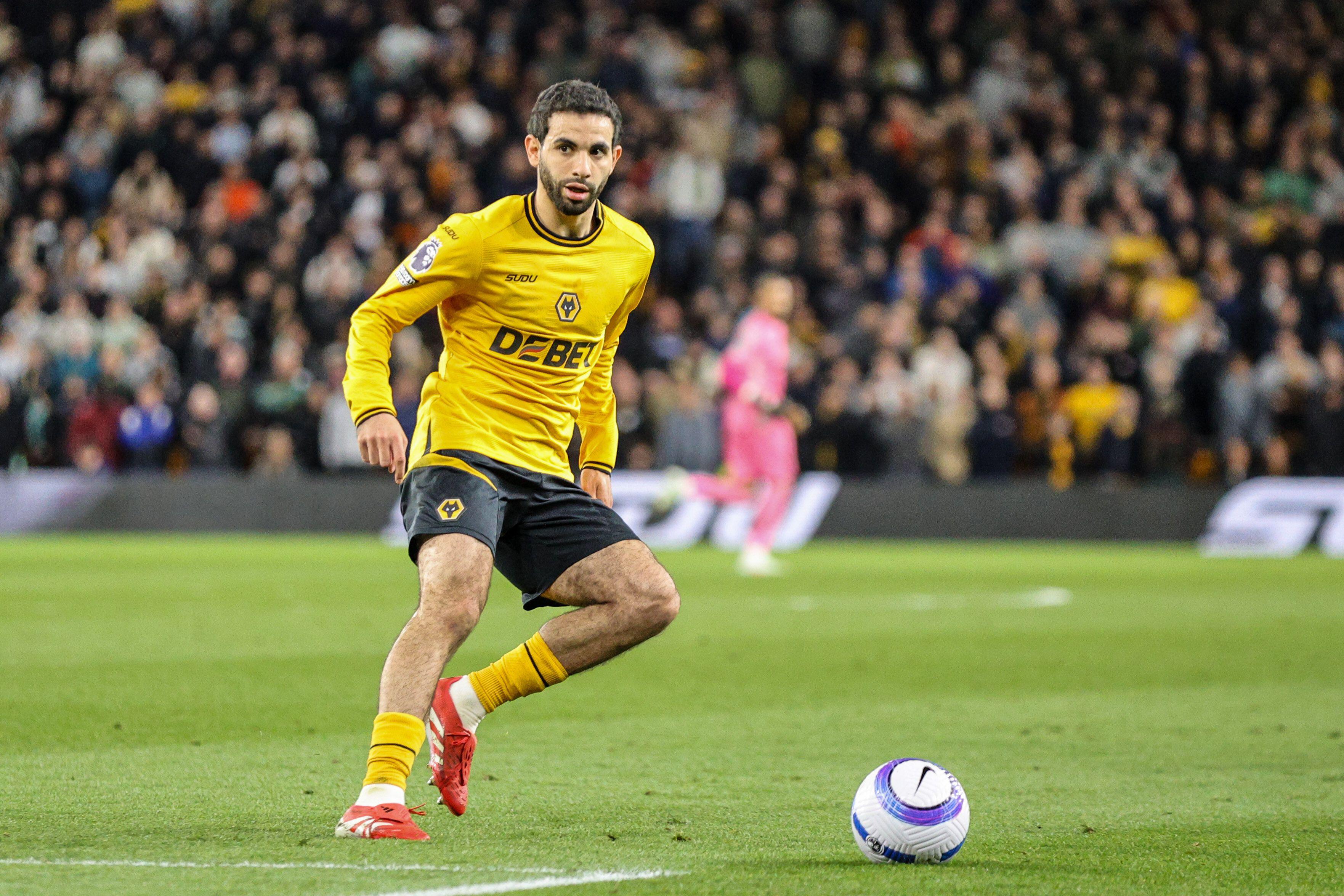Sandro's visa and work permits unravelled – how exactly do the rules work?
Immigration consultant Ian Robinson looks at why the Hoops are in hot water over their Brazilian midfielder...

How did it go wrong for QPR and Sandro?
The answer isn’t Harry Redknapp or Chris Ramsey, this time at least. Last month we learned that Sandro doesn’t have a valid work permit and the Home Office isn’t happy with QPR. The upshot? For the time being and potentially the foreseeable future, QPR cannot sign players from outside the European Union and are at risk of losing some of their existing squad.
So what happened?
Unsurprisingly QPR have chosen not to air their dirty laundry in public and nor has the Home Office, the government department in charge of enforcing work permit policy. But it is possible to speak hypothetically about what could happen to a football club.

Most footballers from outside of the EU require a work permit (known as a sponsored Tier 2 visa) to play here. The rules for who can get a work permit were tightened by the Football Association in May.
The point, which it is hard to disagree with, is that the FA need to balance two competing priorities. Yes, we want the best players in the world to play in the UK but that can’t mean flooding the Premier League with foreign players at the expense of young English talent.
This is not just about the next Sterling, Kane and other wonder kids but also the next Lallana, Milner or Cahill – solid players who benefited from having game time to develop and become valuable internationals.
Get FourFourTwo Newsletter
The best features, fun and footballing quizzes, straight to your inbox every week.
Getting a work permit can be tough and they do not last forever
The FA’s criteria is staggered according to the country you play for – the lower down the FIFA rankings your country, the more international caps you need. If the country is ranked outside the top 50, or if you are not an established international, an appeals panel will look at transfer value and wage, domestic club experience and European experience, among other criteria.
Getting a work permit can be tough and they do not last forever. They are usually limited to five years or the length of a player’s contract and they are tied to particular clubs. Simply put, new club means new permit.

Penalties
UKVI takes this issue very seriously and companies employing workers in breach of their visas can lose their licence to sponsor workers. This is as true for a football club as it is for a hospital or a restaurant.
Players in breach of their visa conditions would normally be given 60 days to find a new club, leave the country or face the possibility of not being allowed to enter the UK for a 12-month to 10-year period, even for a short holiday; there isn’t a Premier League club that wouldn’t be hurt by that and plenty of Championship clubs would take a hit too.
As things stand, QPR are likely being given an opportunity to correct the situation and hopefully they will. The point is to try and stop it happening in the first place: QPR only have a few non-EU players, imagine the problems if this was Man City or Chelsea...
